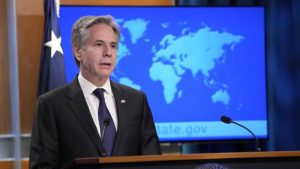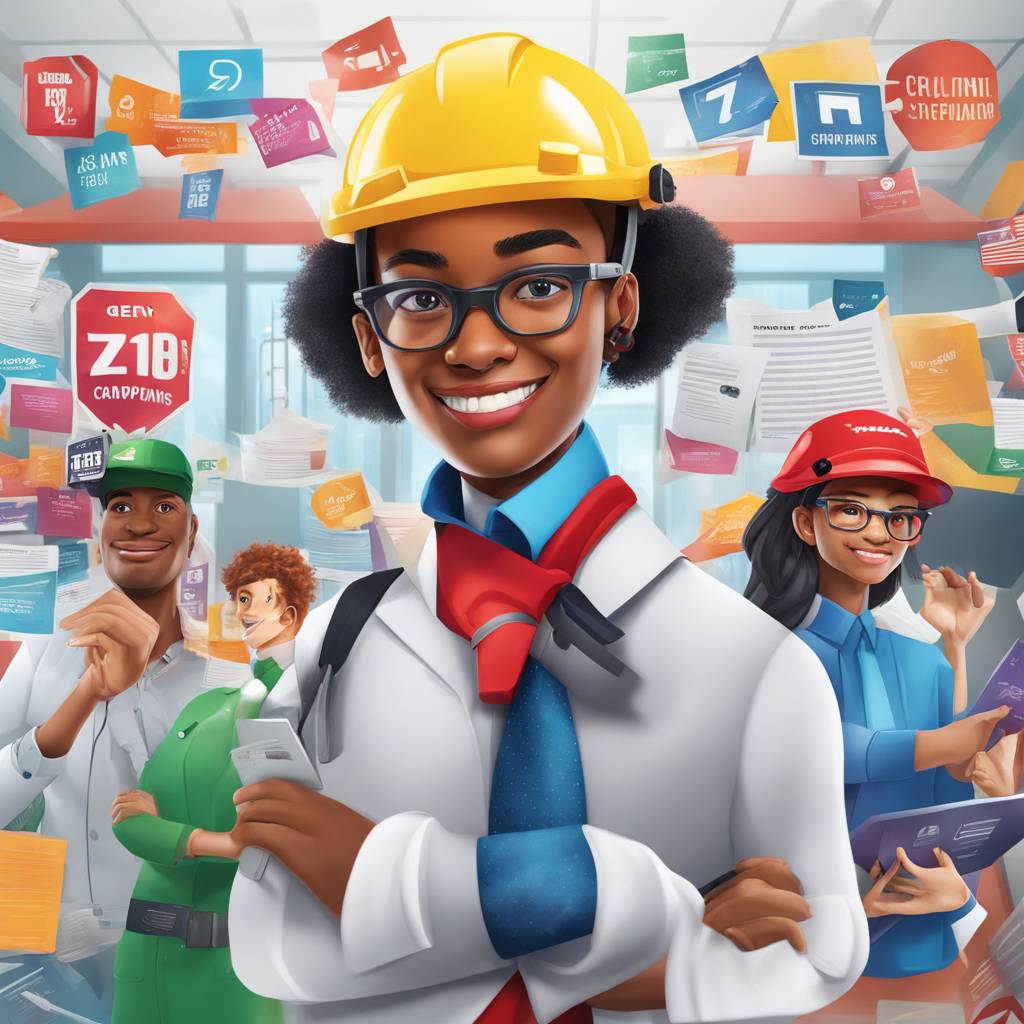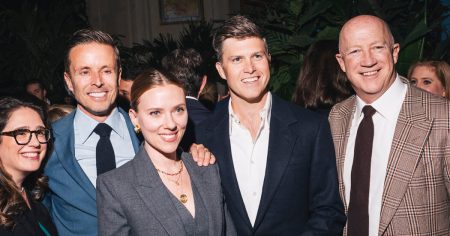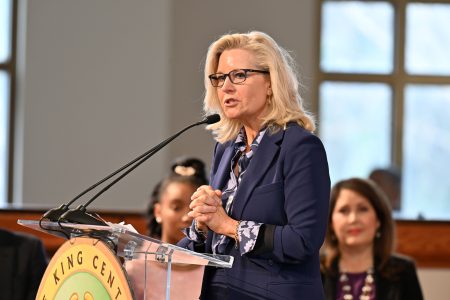According to a report from ResumeBuilder.com, 40 percent of hiring managers have an age bias against Generation Z candidates entering the workforce. Similarly, 33 percent of hiring managers also have biases against senior candidates. This bias can affect the hiring process on both sides, with resumes being discarded based on age rather than qualifications. The issue of ageism in the workplace is a prevalent one that impacts job seekers at the beginning and end of their careers.
The survey found that hiring managers often base their decisions on age rather than qualifications when reviewing applications. Many hiring managers express concerns about Generation Z candidates, such as their lack of experience, unprofessional attitudes, tendency to job hop, reliability, and work ethic. However, experts argue that these stereotypes are not necessarily rooted in reality and should not be used as determining factors in hiring decisions. They believe that dismissing an entire generation based on stereotypes is a missed opportunity and borders on discriminatory practices.
The challenges faced by Generation Z candidates may have been exacerbated by the pandemic, which disrupted their ability to gain workplace skills and experience through traditional means of on-the-job learning. While some hiring managers view Gen Z’s expectations, behaviors, and priorities as problematic, others believe that their perspectives and values can actually enhance a company’s culture and innovation. Consultant Bryan Driscoll argues that it is short-sighted and harmful to avoid hiring Gen Z candidates based on stereotypes, as it could result in missed opportunities for both the candidates and the companies.
As Gen Z continues to enter the workforce and make up a significant portion of the global workforce by 2025, managers may need to adapt to their preferences, priorities, and work styles. Gen Z candidates are known for their technology adeptness, focus on social and environmental issues, and desire for meaningful work. While this may challenge traditional workplace norms, it also presents opportunities for companies to evolve and innovate. Employers who cling to outdated stereotypes and expectations may struggle to attract and retain talent, ultimately putting themselves at a disadvantage in the competitive job market.
In order to address age bias in the workplace, a shift in mindset is necessary for hiring managers and business leaders. Understanding that the traditional ways of work no longer apply in a rapidly changing world is key to creating a more inclusive and diverse workforce. By being open to new ideas and approaches, managers can leverage the unique perspectives and skills that Generation Z candidates bring to the table. Ultimately, overcoming age bias in the hiring process can lead to a more equitable and successful workplace for both job seekers and employers.














